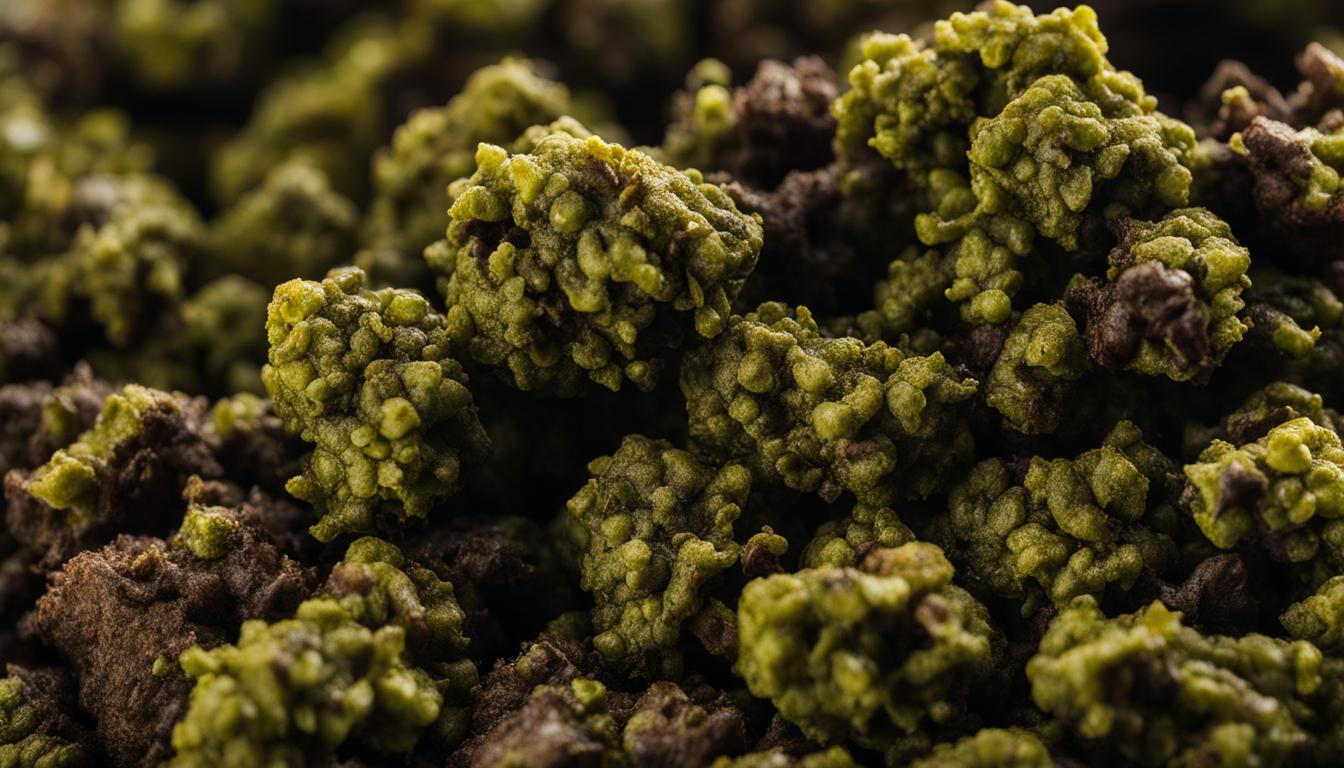Understanding Dog Allergies
Dogs are more than just pets; they’re family. But for some folks, being around dogs can trigger annoying or even serious allergic reactions. Knowing what causes these allergies and how to spot the symptoms can make life easier for dog lovers and potential dog owners.
Causes of Dog Allergies
Dog allergens are sneaky little proteins hiding in their dander (tiny skin flakes), saliva, and urine. When someone who’s sensitive to these proteins comes into contact with them, their immune system goes haywire, causing an allergic reaction. Different breeds pump out different amounts of these allergens, which means some dogs might be more allergy-inducing than others.
Even those so-called “hypoallergenic” dogs aren’t completely safe. They might produce fewer allergens, but they still produce them. These allergens can float around in the air and stick to surfaces, waiting to ambush unsuspecting allergy sufferers.
Symptoms of Dog Allergies
Dog allergy symptoms can range from a minor nuisance to a major problem, depending on how sensitive someone is and how much exposure they’ve had. Common symptoms include:
- Sneezing fits
- Runny or clogged nose
- Itchy or watery eyes
- Coughing or wheezing
- Skin rash or hives
- Itchy skin or scalp
- Trouble breathing or shortness of breath
Dog allergies can be especially tough on people with asthma. The Asthma and Allergy Foundation of America says dog allergies are more severe than cat allergies for many people, affecting 15 to 30 percent of Americans with allergies.
If you think you or someone you know might be allergic to dogs, it’s a good idea to see an allergist. They can run tests to figure out how bad the allergy is and suggest treatments. For more info on dog allergy testing and treatment options, check out our article on dog allergy testing.
Knowing what causes dog allergies and how to recognize the symptoms is key to managing and treating this condition. Up next, we’ll dive into the different ways to diagnose and treat dog allergies.
Diagnosis and Treatment
Dealing with dog allergies can be a real headache, but getting the right diagnosis and treatment can make a world of difference. Let’s break down how to figure out if you’re allergic to dogs and what you can do about it.
Testing for Dog Allergies
Think you might be allergic to dogs? Time to see an allergist. These folks are the pros at figuring out what’s making you sneeze and itch. They’ll dig into your medical history, check out your symptoms, and run some tests to pinpoint the exact culprits.
The go-to test for dog allergies is the skin-prick test. Here’s how it works: a tiny bit of dog allergen extract gets placed on your skin, usually on your forearm or back. Then, you wait about 15 to 20 minutes to see if you react. If you do, bingo! You’ve found your allergen.
Managing Dog Allergies
So, you’ve got a dog allergy. Now what? The first step is to avoid the allergen. If you have a dog at home, you might need to think about rehoming your furry friend. If that’s too heartbreaking, there are other ways to manage. Keep your house super clean, use air purifiers, and try to limit your time in areas where your dog hangs out (American College of Allergy, Asthma & Immunology).
But let’s be real, avoiding your dog completely is tough. That’s where treatments come in. Depending on your symptoms, you might need different meds. Got a stuffy nose and sneezing? Steroid nasal sprays and oral antihistamines can help. If your eyes are itchy and watery, antihistamine eye drops are the way to go. For breathing issues or asthma, inhaled corticosteroids or bronchodilators might be necessary.
Remember, these meds won’t cure your allergy, but they can make life a lot more bearable. The only surefire way to stop the allergy is to remove the dog from your home. But if that’s not an option, treatments can help you live more comfortably with your pet.
Getting a proper diagnosis and following a treatment plan can help you manage your dog allergy and still enjoy time with your furry buddy. Always talk to a healthcare professional for advice tailored to your situation.
Medication Options
Got a dog with allergies? It’s tough seeing your furry buddy suffer. Luckily, there are meds out there to help ease their discomfort. Let’s break down some common allergy medications for dogs and what they might cost you.
Allergy Medications for Dogs
When allergies hit hard, prescription meds can be a lifesaver. These meds target those nasty allergic reactions, helping to reduce itching, inflammation, and overall misery. Here are some go-to options:
-
Apoquel: This one’s a big deal for itchy dogs. It comes in doses from 3.6 mg to 16 mg and can cost anywhere from $2.98 to $303.98, depending on the dosage.
-
Atopica: Another heavy hitter for skin allergies. Available in 10 mg, 25 mg, 50 mg, and 100 mg doses, with prices ranging from $39.94 to $109.58 (Petco).
-
Hydroxyzine HCl and Hydroxyzine Pamoate: These generics come in 10 mg, 25 mg, and 50 mg doses. They’re cheaper, costing between $9.60 and $95.29.
-
Prednisone: A common corticosteroid for allergies, available in 1 mg to 50 mg doses. Prices range from $5.40 to $14.39.
Always check with your vet before giving your dog any medication. They’ll help you figure out the right drug and dose for your pup.
Prescription Medication Costs
Prices for these meds can vary based on dosage and where you buy them. Here’s a rough idea of what you might pay:
| Medication | Dosage | Price Range |
|---|---|---|
| Apoquel | 3.6 mg – 16 mg | $2.98 – $303.98 |
| Atopica | 10 mg – 100 mg | $39.94 – $109.58 |
| Hydroxyzine HCl/Pamoate | 10 mg – 50 mg | $9.60 – $95.29 |
| Prednisone | 1 mg – 50 mg | $5.40 – $14.39 |
These prices are ballpark figures and can change. Always check with your vet for the latest info. Some places, like PetSmart Pharmacy, offer a range of allergy meds, making it easy to get what you need.
Remember, your vet is your best friend when it comes to managing your dog’s allergies. They’ll guide you to the right treatment plan tailored to your dog’s needs.
Natural Remedies for Dog Allergies
If you’re a dog owner looking for ways to help your pup with allergies, natural remedies might be just what you need. These home treatments can offer a more holistic way to ease symptoms and boost your dog’s overall health.
Home Remedies for Dog Allergies
-
Apple Cider Vinegar: This stuff is like magic for your dog’s itchy skin and can even help keep fleas away. Mix it with water and spray it on your dog’s coat or add it to their bath. Just make sure to rinse them off well afterward so they don’t smell like a salad (Wag Walking).
-
Vitamin E and Fish Oils: Got a dog with itchy skin? Vitamin E can be a lifesaver. Rub it directly on the itchy spots. Fish oils from sardines, anchovies, mackerel, and herring can also help. Just mix them into your dog’s food to calm their skin and reduce allergy symptoms.
-
Oatmeal: Oatmeal isn’t just for breakfast. It’s a natural moisturizer that’s gentle on your dog’s skin. Make an oatmeal bath by blending oatmeal into a fine powder and adding it to warm water. Let your dog soak for about ten minutes, but keep it away from their eyes and face.
-
Chamomile Tea: Chamomile tea can cool and soothe your dog’s itchy skin. Spray it on the irritated areas or let your dog soak their paws in a bowl of cold chamomile tea. It’s like a spa day for your pup.
-
Essential Fatty Acids (Omega-3s): Omega-3s are great for reducing inflammation and improving your dog’s skin. They’re not a cure-all, but they can help when used with other treatments.
Why Go Natural?
Natural remedies have some great perks for managing dog allergies. They offer an alternative to traditional meds, which can sometimes have side effects. Plus, they’re generally safe and can be used alongside other treatments.
Many natural remedies also focus on boosting your dog’s overall health, not just treating symptoms. This can strengthen their immune system, reduce skin inflammation, and give them a shiny, healthy coat.
But remember, natural remedies might not work for every dog or provide complete relief. Always check with your vet before trying any home treatments, especially if your dog’s allergies are severe or ongoing.
In the end, natural remedies can be a great addition to your dog’s allergy management plan. From apple cider vinegar and oatmeal baths to essential fatty acids and chamomile tea, these treatments can offer relief and improve your dog’s well-being.








